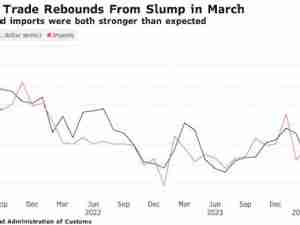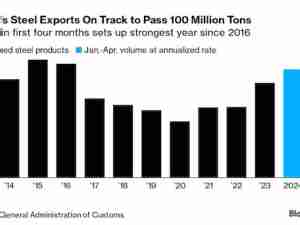Nearly half of US shippers think confidentiality of rates stipulated by the new Ocean Shipping Reform Act (OSRA) is extremely important, but fewer than a third believe it is achievable, according to a recent study commissioned by BDP International..
Shippers realize the law, which went into effect on May 1 of this year, will have some effect on their business, according to the study, but remain uncertain as to its full impact and are reluctant to make dramatic long-term changes. Most respondents to the study reported that price is still a high priority, but that service and timing are also important, with more than 60% reluctant to change carriers solely on the basis of cost. Many (35%) feel non-vessel ocean common carriers (NVOCCs) represent a viable alternative for ocean transport. The study also concluded that freight forwarders are seen as a leading source of pricing information and third party ocean transport service. Finally, nearly a third have already established global shipping contracts, a trend that is expected to accelerate within the next 12 months.
Conducted during July and August of this year by Abacus Custom Research, Emmaus, PA, the survey polled more than 1,000 transportation decision-makers in BDP customer organizations, about half of which report annual ocean transport expenses of more than $500,000.
"We commissioned this study to benchmark the near-term impact of maritime reform and determine the factors shippers consider when selecting an ocean transportation provider," said Richard J. Bolte, Jr., BDP president "Both are vitally important to our customers and our ability to meet their needs in this changing environment."
With regard to the relative importance of various criteria in selecting ocean transport suppliers, nearly a third of the respondents pointed to pricing as the most important factor Yet more than two-thirds considered other criteria, such as on-time delivery, customer service, document quality and accuracy, shipment status and tracking capability and information management, to be even more important than cost
While almost half (46%) of the respondents said they do not plan to use a third party supplier to purchase ocean transportation, nearly a third said they would The latter represent primarily shippers that spend less than $500,000 a year on ocean transport.









